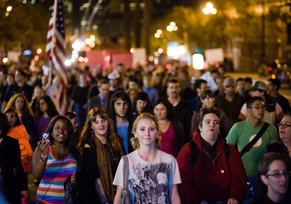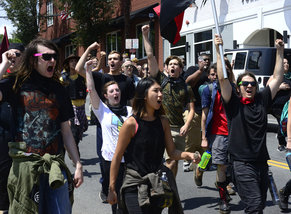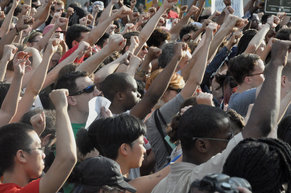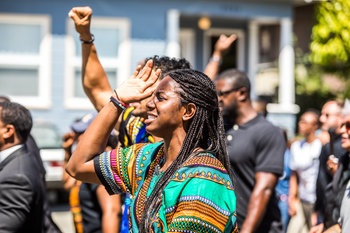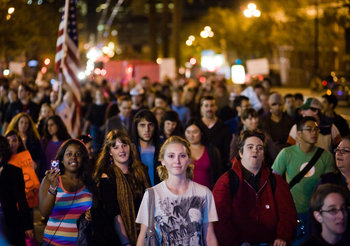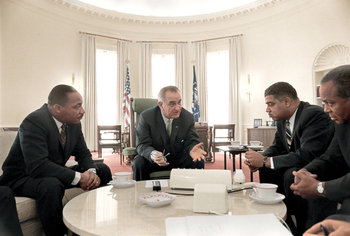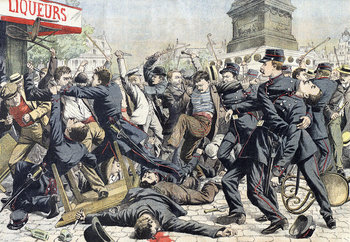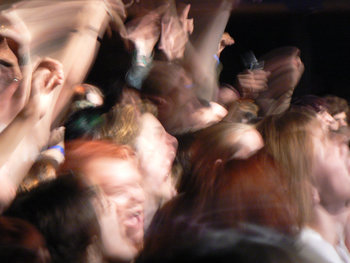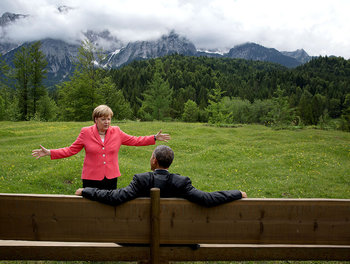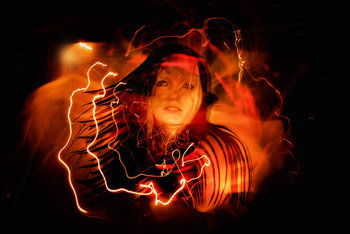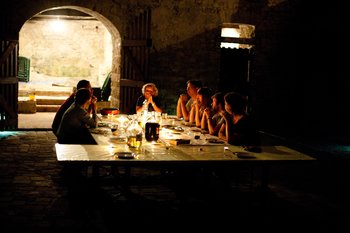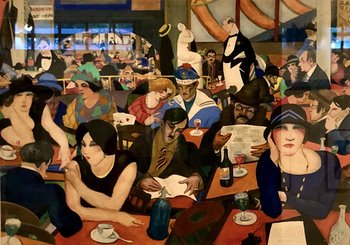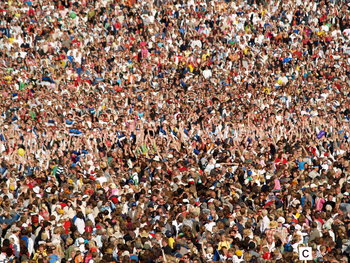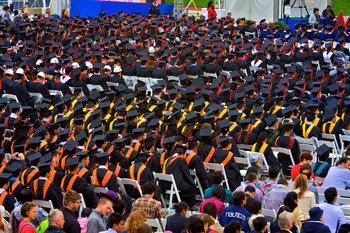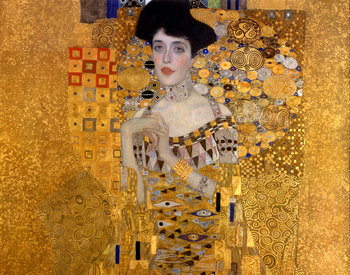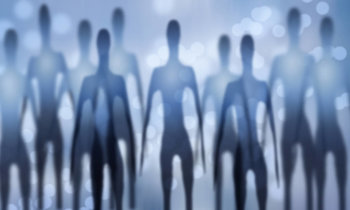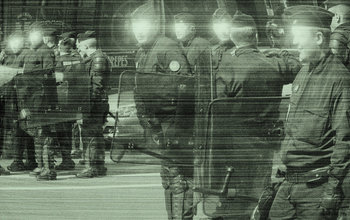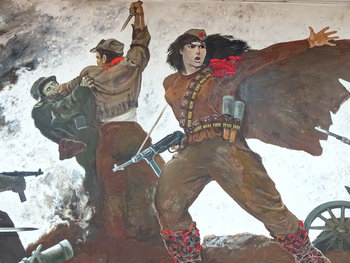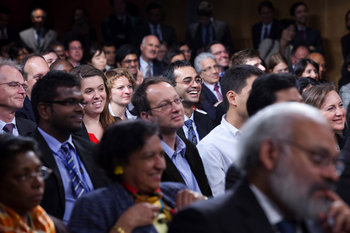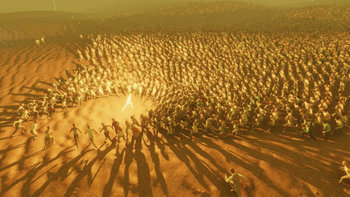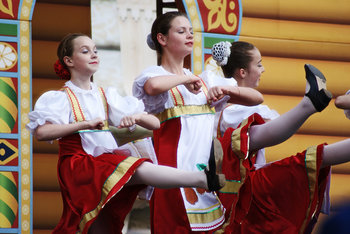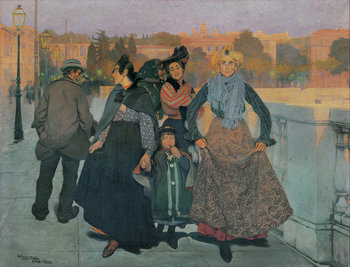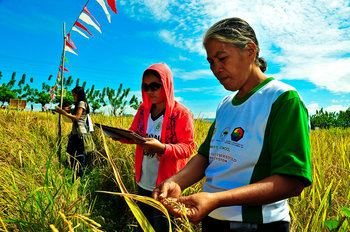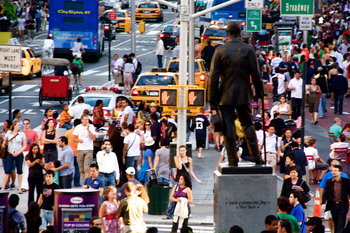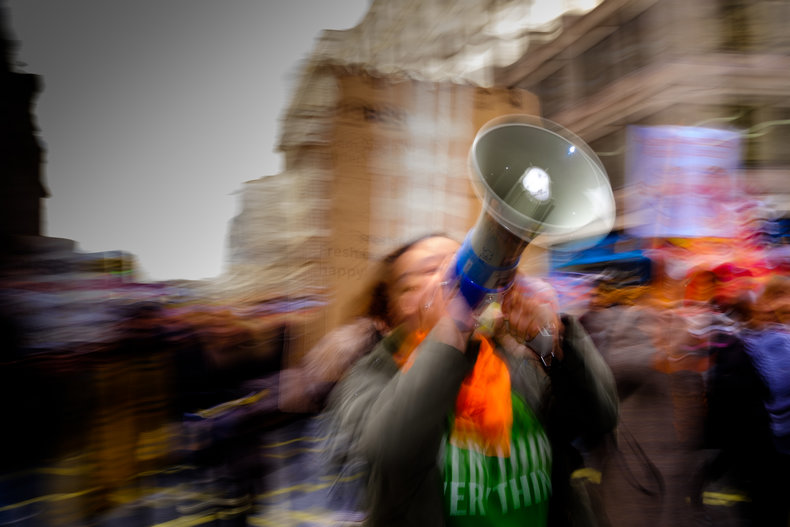
Constitution
A democracy is typically based on a foundational set of rules and principles known as a constitution.Rights & Freedoms
A democracy typically grants the people inalienable rights and freedoms that can't be bought and sold or arbitrarily taken away by the government.Consent
In a democracy, a government claims legitimacy based on the consent of the people.Participation
Political parties are freely organized by the people such that anyone can found a party, support a party or run for election.Freedom of Assembly
The right to peacefully assemble as groups. The majority can't take this right away from a minority, even if they find the assembly objectionable. A foundational freedom that is necessary to political participation.Freedom of Speech
The right to freely communicate your thoughts even if the majority finds your ideas to be objectionable. Again, you can't have a real democracy without this right as it is required for political participation.Minority Rights
A problem of democracy is that a majority can exercise full control of society such that they might do something unethical to a minority. This includes an ideological minority of people who think differently from the majority. This problem is handled with constitutional rights and freedoms such as the right to life, freedom of movement, freedom of assembly, freedom of religion and freedom of speech.Elected Representatives
Democracy is usually implemented with a system of elected representatives. In a republic, this includes a person who is both head of state and head of government, such as a president, who is difficult to remove until their term is over. In a parliamentary system, the head of state is often a symbolic role and the head of government is the current leader of the party with the most seats in parliament who can be easily replaced by this party.Bureaucracy
A government is mostly a bureaucracy run by "experts" who often enjoy high job security. This is controlled indirectly by the people through elected officials. However, it is common for corruption to allow an elite to capture a bureaucracy. For example, a bureaucracy that is unduly influenced by the industries it is supposed to be regulating through a revolving-door system of lucrative job offers for policy.Voting
Voting for representatives is a basic mechanism of consent used to implement a democracy. This requires that representatives have a limited term and often a maximum term. This prevents monarch-like politicians from emerging that dominate a society for many decades.Referendum
A vote that allows the people to directly make a decision.Inclusiveness
Authority is spread to the many. This usually means all adults who are considered citizens.Equality
Votes are equally weighted for all.Corruption
In practice, an elite may find ways to influence the government far more than their vote with either transparent processes that override the democracy or secretive processes of corruption.Right of Revolution
The right or duty of the people to overthrow a government that has ceased to function as a democracy. This doesn't apply to any other situation such as a democratic government that you happen to disagree with.Rule of Law
Institutions, systems and culture that enforce and interpret laws passed by representatives of the people and the constitution. For example, a culture of civility whereby people resolve disputes within the rules of society.Instability & Change
A common criticism of democracy is that it leads to instability and inefficiency. For example, a new leader may completely reverse the policies and programs of the former leader. Another way to look at this is that democracy has great capacity for change such that an entire society can completely change direction with an election. In the long term, this may be more efficient than the stagnant stability offered by a dictator, monarch, bureaucratic or technocratic elite. In fact, democracies tend to produce economic growth, innovation and high quality of life.| Overview: Democracy | ||
Type | ||
Definition | ||
Related Concepts | ||

